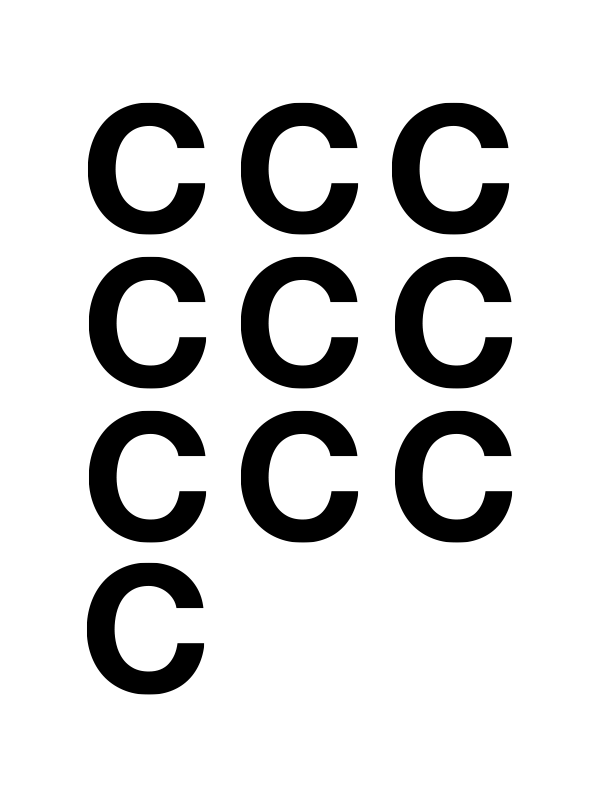Culture and Creative Industries (CCI) and Sectors (CCIS)
Definition:
Culture and Creative Industries (CCI) refers to Industries and to the sectors which activity is focused on the production and distribution of cultural goods, services, and intellectual property. This encompasses a wide range of areas including art, music, literature, film, performing arts, design, digital media, and heritage. The term “Sectors Ecosystem” in this context signifies the interconnected and dynamic nature of these various industries, highlighting the collaborative and synergistic relationships that exist among different cultural and creative sectors.
Application:
The application of CCI is seen in the stimulation of economic growth, job creation, and cultural diversity. They play a significant role in urban development and tourism, contributing to the attractiveness and competitiveness of cities and regions. The sectors ecosystem approach recognizes that the success and vibrancy of one sector often contribute to and depend on the health of others, promoting cross-sectoral collaborations and innovations.
Example:
An example of the CCI sectors ecosystem in action is a city’s film festival that boosts local tourism, engages local artistic communities, encourages international film production, and fosters partnerships with local businesses. This event demonstrates the interplay and mutual benefits among different sectors within the CCI.
References:
- “The Creative Economy Report” by UNESCO: Offers a comprehensive analysis of the role and impact of CCI globally.
- “Creative Economy Outlook” by UNCTAD: Provides data and insights on trends in the global creative economy.
- “Cultural Times – The First Global Map of Cultural and Creative Industries”: A report that assesses the economic contribution of CCI.
Significance:
The significance of CCI lies in its dual role of promoting cultural diversity and generating economic value. It is increasingly recognized as a driver of innovation, social cohesion, and cultural identity. The ecosystem approach underscores the importance of policy frameworks that support collaboration and sustainable development within these sectors.
Related Terms:
- Intellectual Property (IP): Legal rights that result from intellectual activity in the industrial, scientific, literary, and artistic fields, crucial for protecting the creations of the CCI.
- Cultural Policy: Government or institutional policies aimed at managing and promoting cultural activities and industries.
- Creative Economy: An economic system where value is based on novel imaginative qualities rather than the traditional resources of land, labor, and capital.
- Cultural Heritage: The legacy of physical artifacts and intangible attributes of a group or society, including the arts, but also traditions and living expressions.
- Digital Media: Digital platforms and tools used for content creation, distribution, and consumption, playing a pivotal role in modern CCI.
This entry provides a holistic understanding of the Culture and Creative Industries and their interconnected ecosystem, highlighting their importance in both economic and cultural landscapes.
